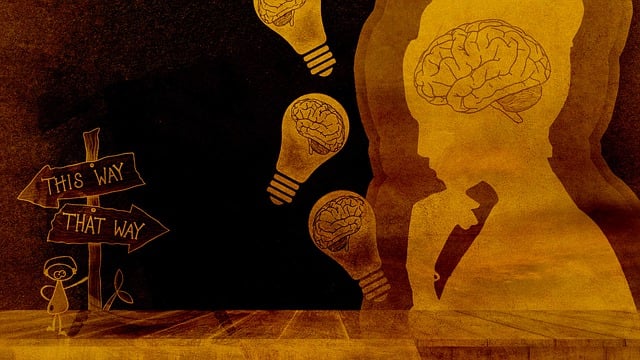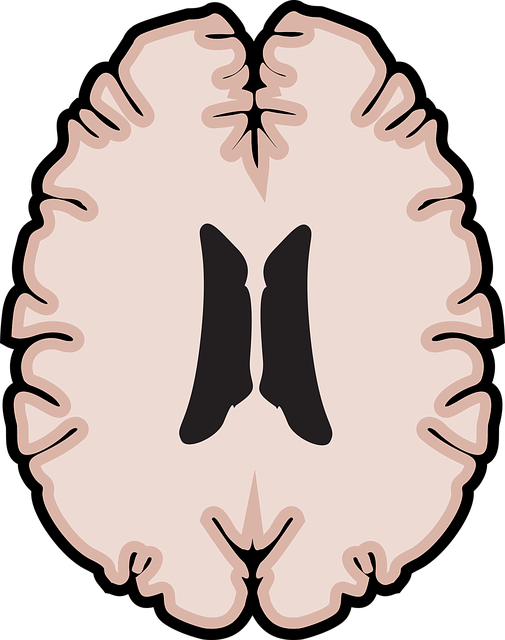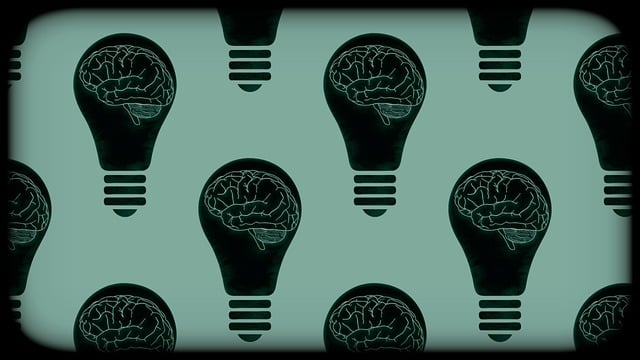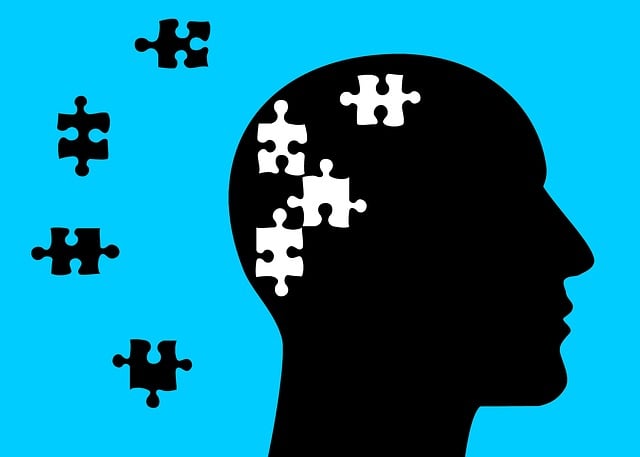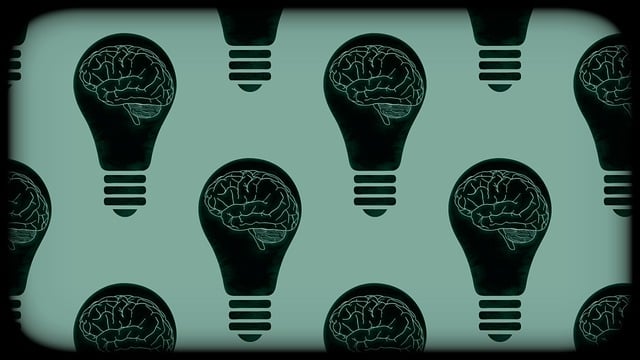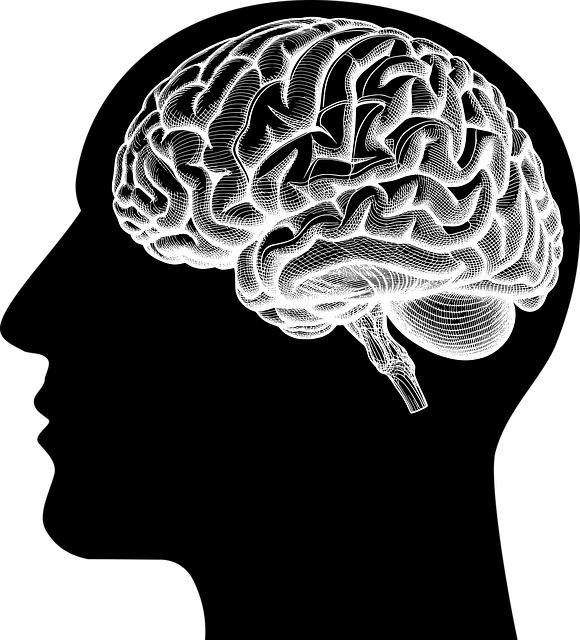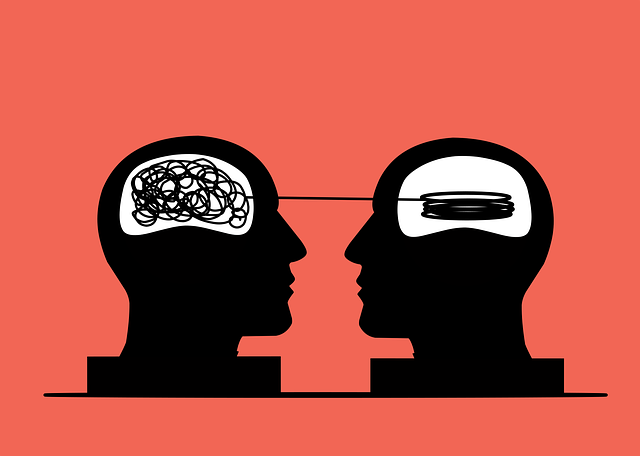Codependency, driven by early relationship dynamics, causes mental health issues like low self-esteem and anxiety. Therapy for Codependency, integrated into mental wellness coaching, offers interventions like crisis guidance and self-esteem techniques to promote emotional detachment and healthy relationships. Education, awareness campaigns, and peer support groups are vital tools in reducing stigma around codependency, encouraging individuals to seek therapy, and fostering empathy within communities.
Mental illness stigma remains a significant barrier to treatment, with codependency often shrouded in secrecy. This article delves into efforts to reduce the stigma associated with codependency, exploring its impact on mental health and offering practical strategies. We discuss the role of therapy for codependency, empowering individuals through education and supportive communities. By understanding codependency and implementing effective reduction techniques, we can foster a more inclusive society that supports mental well-being.
- Understanding Codependency and its Impact on Mental Health
- Strategies for Reducing Stigma Surrounding Codependency Therapy
- Empowering Individuals through Supportive Communities and Education
Understanding Codependency and its Impact on Mental Health

Codependency is a complex psychological phenomenon where an individual’s well-being becomes inextricably linked to that of another person. It often arises from early relationship patterns, where individuals learn to rely on others for validation and emotional support. While supportive relationships are healthy, codependency can lead to significant mental health issues. Those suffering from codependency may struggle with low self-esteem, anxiety, and depression, as their sense of worth is heavily influenced by external factors.
Therapy for Codependency plays a crucial role in mental wellness coaching programs development. Through therapeutic interventions like crisis intervention guidance and self-esteem improvement techniques, individuals can learn to detach emotionally while maintaining healthy relationships. This process empowers them to prioritize their own mental health, fostering resilience and a deeper understanding of themselves, ultimately breaking the cycle of codependency.
Strategies for Reducing Stigma Surrounding Codependency Therapy

Codependency is a complex issue that often goes hand in hand with other mental health conditions, making it crucial to integrate into mental illness stigma reduction efforts. To combat the associated stigma, education and awareness campaigns play a pivotal role. These initiatives should focus on explaining codependency as a learned behavior resulting from unhealthy relationships or traumatic experiences, rather than labeling individuals as inherently flawed. Promoting understanding of the emotional healing processes involved in therapy can dispel myths and reduce fear.
Targeted outreach programs that engage community leaders, healthcare professionals, and support groups can effectively normalize conversations about therapy for codependency. Encouraging open dialogues and sharing personal stories helps to humanize those struggling with codependency, fostering empathy and support. By integrating these strategies into broader mental wellness initiatives, we can create a more inclusive environment where individuals feel empowered to seek help without the burden of stigma.
Empowering Individuals through Supportive Communities and Education

Building supportive communities is a powerful tool in the fight against mental illness stigma. When individuals feel accepted and understood, they are more likely to seek help for their conditions. Communities can be fostered through peer support groups, where shared experiences create a sense of belonging and reduce feelings of isolation. These spaces encourage open dialogue, fostering empathy and challenging stereotypes associated with mental health struggles.
Education plays a pivotal role in stigma reduction. Encouraging self-care routines and providing accessible information about various mental health conditions can equip individuals to recognize signs in themselves or others. Moreover, integrating therapy for codependency into educational curricula can offer valuable insights into complex interpersonal relationships and promote healthy coping mechanisms, thereby improving overall mental health awareness.
Mental illness stigma, particularly around codependency, can be broken down through education, supportive communities, and accessible therapy for codependency. By understanding the impact of codependency on mental health and implementing strategies to reduce associated stigma, we can foster an environment that empowers individuals to seek help and recover. Let’s continue to promote awareness, offer support, and ensure effective treatment options like codependency therapy are widely available.


